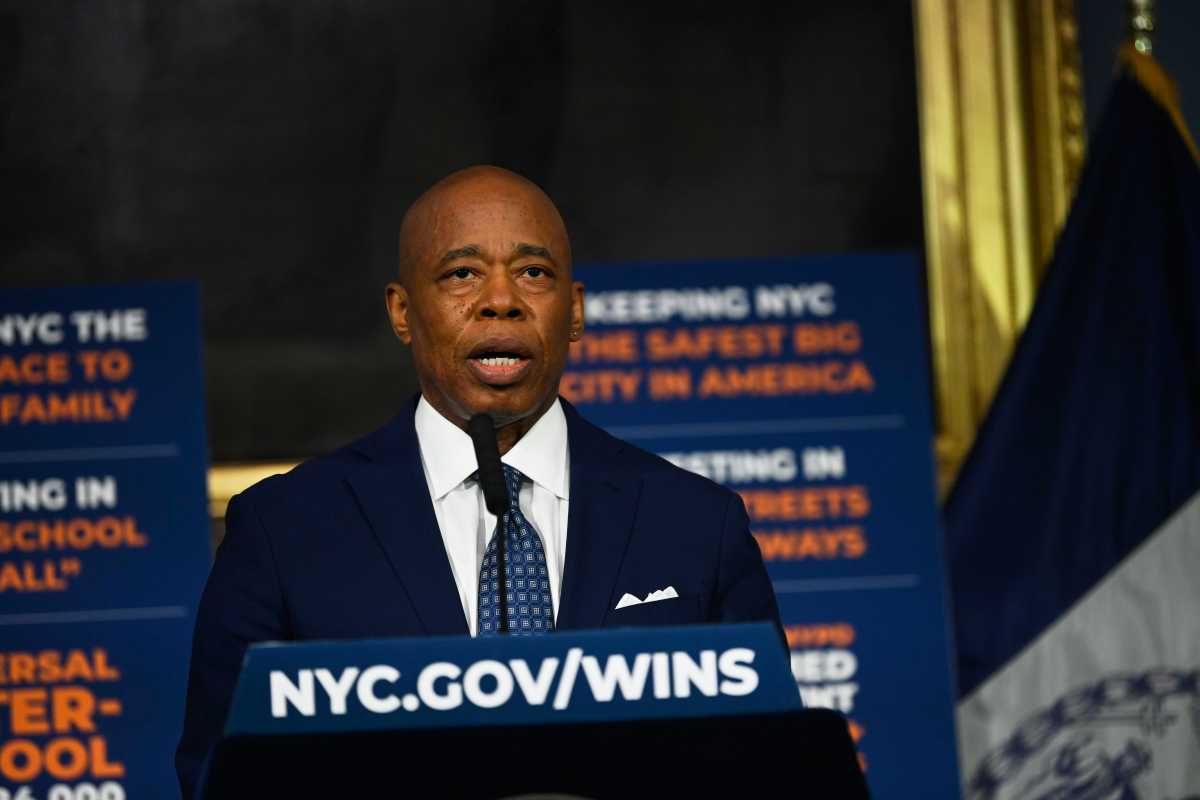The economic news keeps getting worse. Our economy shrank in the third quarter, private employers have shed 1.2 million jobs this year, and workers have lost all the wage gains they earned in recent years. The question on everyone’s mind is how do we turn this economy around?
I believe that we need a second economic stimulus plan to get our economy back on track. At a Joint Economic Committee hearing I chaired recently in Washington, economic experts testified that prospects for a consumer-led recovery are bleak. U.S. consumers are more financially constrained now than at the beginning of prior recessions and businesses are unlikely to invest until they see signs that consumers have recovered. That leaves government spending as the best - perhaps only - option.
Since U.S. consumption makes up over two-thirds (70.6 percent) of U.S. Gross Domestic Product, when consumers run out of options to maintain their spending, the economy falters. The weak economic recovery of the 2000s, combined with falling home prices and increasingly limited access to credit, are constraining the ability of American households to maintain their level of spending in the face of unemployment and falling real incomes.
The situation is very different than in prior recessions. In the early 2000s’ recession, home prices were rising and households had easy access to credit. Families coped with the downturn by taking out billions of dollars in home equity and credit card debt. This borrowing helped keep the economy moving - although at a relatively low rate - and pulled us out of recession.
This time around, families will not be able to borrow their way out of the downturn, nor will many be able to dip into savings. The national savings rate is hovering near zero and families’ assets are dwindling rapidly as their home values fall. At no other time have families owned a smaller share of their homes’ equity. At the same time, household debt is at record highs and families are spending a historically high share of their income on debt payments.
The current economic downturn follows on the heels of the weakest recovery on record. For the first time since World War II, the 2000s recovery did not provide any real income gains for the typical household.
Families facing unemployment, rising prices, or falling incomes have fewer options than ever before. If consumers cannot lead the recovery, then the responsibility must fall to business investment, exports or government.
As long as demand remains weak and consumers are not coming through their doors, businesses are unlikely to respond strongly to lower interest rates or tax cuts. Demand is already so weak that in the third quarter, real consumer spending fell for the first time since 1991.
Exports have been boosting economic growth, but for this to continue, we will need a low dollar and strong consumer demand in other nations. Our economic woes, however, are global, with many of our trading partners experiencing sharp downturns, just as we are. Additionally, the dollar has been rising, which is further limiting our ability to export our way out of this downturn.
This leaves government spending as the most viable way to keep the economy moving.
The president should work with Congress to enact a second stimulus package of infrastructure investment and aid to the states to get the economy back on track. Over half of the states are projecting budget shortfalls for fiscal year 2009 and this will lead not only to cutbacks in necessary services, but higher unemployment.
Rebuilding and modernizing America’s infrastructure will strengthen our economy and help create good jobs at good wages. Investing in “greening” our economy will not only create high-skilled jobs, but will also help make us more energy independent and reduce global warming.
In the weeks and months to come, I will be working with my Congressional colleagues to enact a much-needed stimulus plan. We need to make these investments now - our economic health depends on it.
Representative Carolyn B. Maloney, Democrat from New York’s 14th Congressional District, is the Vice Chair of the Joint Economic Committee of the United States Congress.


































